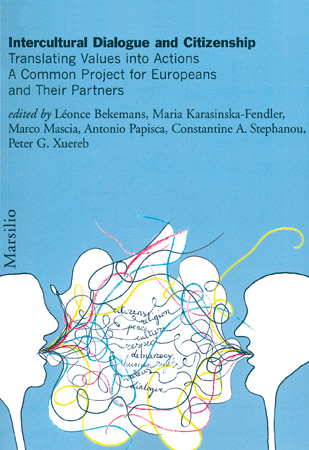Collections

European Citizenship for Inclusive Europe
Stanislaw Konopacki (2007)
- Contained in
- Intercultural Dialogue and Citizenship
- Pubblication type
- Articolo / Saggio
- Pages
- 67-84
- Language
- EN
Citizenship is a key factor of any political community and the main criterion of its evaluation. The way a citizen is treated by polis, rights she/he possess, a real recognition of individual freedom and equality reflect the very nature of the polity she/he is a member. Within Union citizenship the crucial right is free movement of persons, which is a precondition of majority of other rights. Seen from this perspective, the idea of European citizenship appears as a concept which has very serious limitations. There are few groups of Union citizens, or people that should be treated as Union citizens, who cannot fully enjoy this right and by the same cannot feel as real members of the European Community. These are: citizens of new member states who joined the EU in 2004, long-term third-country nationals, economically non-active citizens of EU-15. A new form of European citizenship, which combines post-national and multicultural model of citizenship, seems to be a potential answer to the crucial needs and challenges Europe is facing nowadays. Moreover, the new European citizenship appears as a model for democratic community where all citizens are treated equally, which means that they have universal rights as well as rights relevant to their group differences. Also, it seems to be a precondition of «inclusive Europe», which is open to others.

